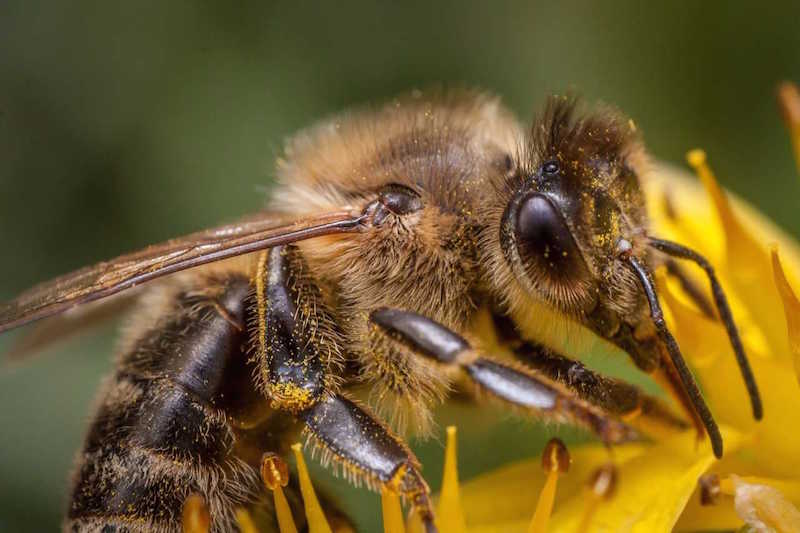U.S. wildlife refuges lift ban on neonics and GM crops

 The Trump Administration has rescinded an Obama-era ban on the use of neonicotinoid pesticides and the cultivation of genetically modified crops in national wildlife refuges.
The Trump Administration has rescinded an Obama-era ban on the use of neonicotinoid pesticides and the cultivation of genetically modified crops in national wildlife refuges.
The decision, which was announced in a memo by the US Fish and Wildlife Service and reverses a policy adopted in 2014, has attracted heavy criticism from environmentalists.
The Fish and Wildlife Service's deputy director, Greg Sheehan, said in the memo that the blanket ban on neonicotinoid pesticides and GM crops on refuges would end, with decisions about their use being made on a case-by-case basis, the BBC reported.
He said genetically modified organisms helped "maximise production", and that neonics might be required "to fulfil needed farming practices".
Sheehan added that the move on GM crops would improve the supply of food for migratory birds including ducks and geese, which are shot by hunters on many of the nation's refuges.
The memo names more than 50 national wildlife refuges where the new policy now applies, covering about 150 million acres across the US.
Jamie Rappaport Clark, president and CEO of the group Defenders of Wildlife, criticized the move.
"The Trump administration’s approval to use toxic pesticides and genetically modified crops is an insult to our national wildlife refuges and the wildlife that rely on them," he said.


















































